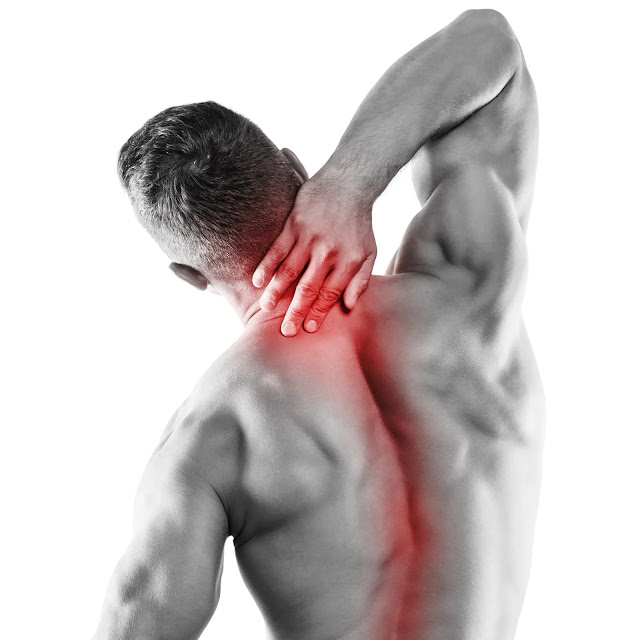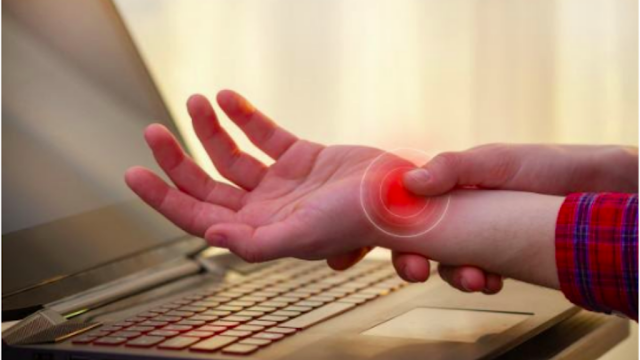Know the causes and treatment for muscle pain
Muscle pain, also called myalgia, is experienced by many. The most common cause of localized muscle pain is overuse or injury of a muscle (strain). On the other hand, viral infections like influenza (the "flu") may cause systemic muscle pain, as can taking certain medications or having a disease like fibromyalgia or hypothyroidism. Muscle pain can feel different—aching, cramping, stabbing, or burning—depending on what's behind it. In the end, diagnosing the reason for your muscle pain requires a medical history, physical examination, and sometimes, blood and/or imaging tests. Rarely, a muscle biopsy is required. Once diagnosed, your doctor will devise a treatment plan—one that will hopefully give you the relief you deserve. Note that muscle pain in infants and children may have different causes than in adults.
Causes: Due to the numerous potential causes of muscle pain, it's easiest to divide them into two categories—those related to localized muscle pain and those that lead to systemic muscle pain.
Localized Muscle Pain: Localized muscle pain refers to pain that is focal, or centered around one muscle or group of muscles. A muscle (or group of muscles) can become overused, injured, or inflamed as a result of strenuous exercise and/or sudden movement. For example, when pushing off suddenly to jump during a basketball game, an athlete may overstretch or tear (strain) their calf muscle.
Systemic Muscle Pain: Systemic muscle pain, which is felt all over your body, is often related to an infection, medication side effect, or underlying illness. Several types of infections, especially viral, may cause muscle pain. Perhaps the most common infectious cause is influenza, commonly known as "the flu." Besides diffuse muscle or body aches, other potential symptoms of influenza include fever/feeling feverish, chills, headache, cough, sore throat, runny/stuffy nose, and unusual fatigue.
When to See a Doctor: If your muscle pain is worsening or persistent, it's important to promptly see your doctor for a proper diagnosis. It's also important to seek immediate medical attention if you have muscle pain along with any of the following symptoms:
- Trouble breathing
- Dizziness
- Pronounced muscle weakness
- Stiff neck
- High fever
- Tick bite
- Rash
- Localized redness and swelling
- Muscle pain that started after taking a new medication
- Muscle pain that is extreme and/or came on suddenly
- Trouble swallowing
- Muscle weakness in the head or neck
Treatment: A treatment plan will address both your pain and the underlying problem. Self-Care Strategies is suggested when muscle pain is related to overuse, strain, or contusion, it may be treated with the R.I.C.E. (Rest, Ice, Compression, Elevation) protocol.
Besides soothing your muscle pain, your doctor may prescribe various medications to treat the underlying problem such as Nonsteroidal Anti-Inflammatories (NSAIDs), Muscle Relaxants, Antidepressants, Corticosteroids, Steroid-Sparing Agents, Vitamin D supplements, Antibiotics, and more.
Physical Therapy: Massage and a special kind of therapy called spray-and-stretch is commonly used to treat myofascial pain syndrome. Physical therapy, especially a plan that is tailored to a person's unique physical limits, may be advised for a person with fibromyalgia or chronic fatigue syndrome.
Surgery: Surgery is not commonly needed to treat muscle pain, except for certain serious diagnoses. For instance, pyomyositis requires surgical drainage of the abscess, and acute compartment syndrome requires a fasciotomy—a procedure in which the skin and fascia covering the compartment is cut open in order to alleviate pressure.
Muscle pain is a complex symptom and, depending on your diagnosis, may require a multi-faceted treatment plan. In any event, the good news is that most types of muscle pain can either be cured or managed well. With that, be sure to see your doctor if you are experiencing muscle pain, especially if it is severe, persistent, or worsening.



Comments
Post a Comment